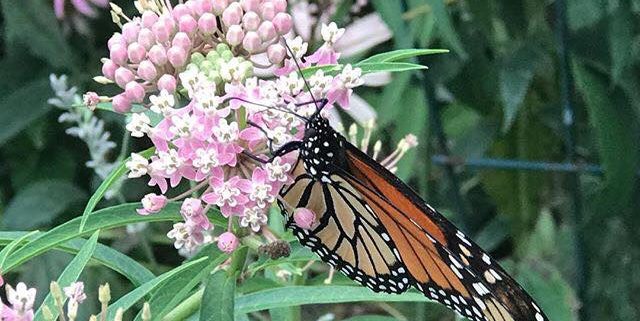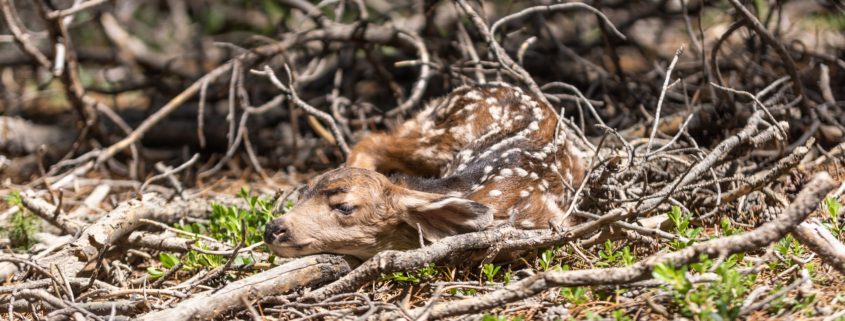What’s in these streams? Come find out!
Ever wonder what’s living in our local streams? Join a stream monitoring team and help gauge local water quality by surveying aquatic organisms living on the stream bottom. Led by certified stream monitors, the teams welcome interested observers and offer an opportunity to explore Northern Virginia’s lovely creeks.
NVSWCD Sugarland Run Stream Monitoring Workshop
When: Saturday, 6 October 2018, 10 am-12:30pm
Where: Sugarland Run Stream Valley Park, Herndon
Registration is required and limited. Register by email to Ashley Palmer at Ashley.Palmer@fairfaxcounty.gov, Northern Virginia Soil and Water Conservation District Conservation Education Specialist.
Loudoun Wildlife Conservancy Stream Monitoring Session
When: Sunday, 7 October 2018, 10:30am-12:30pm
Where: Goose Creek
Limit 7. Registration required. The exact location will be sent to registered participants closer to the date. The rain date for this event is October 14. Contact info@loudounwildlife.org for registration and questions.
Loudoun Wildlife Conservancy Stream Monitoring Session
When: Sunday, 14 October 2018, 9-11am
Where: Waterford
Limit 7. Registration required. The exact location will be sent to registered participants closer to the date. The rain date for this event is October 21. Contact info@loudounwildlife.org for registration and questions.


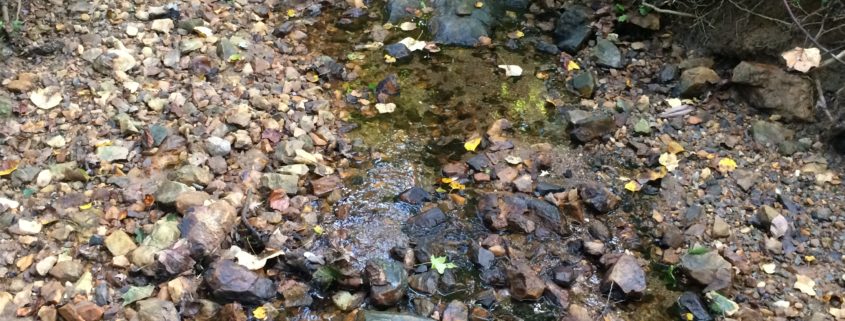

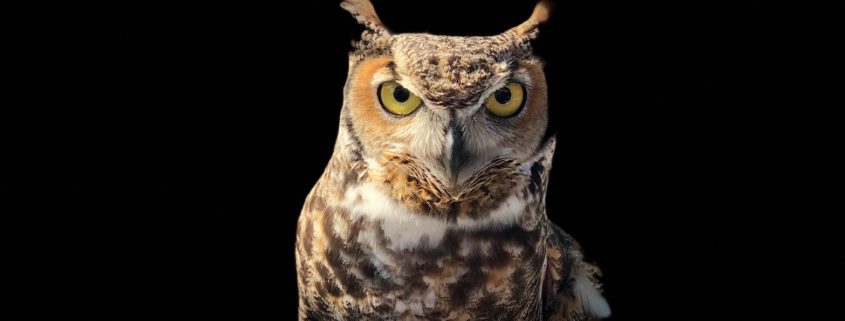
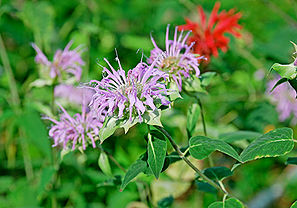
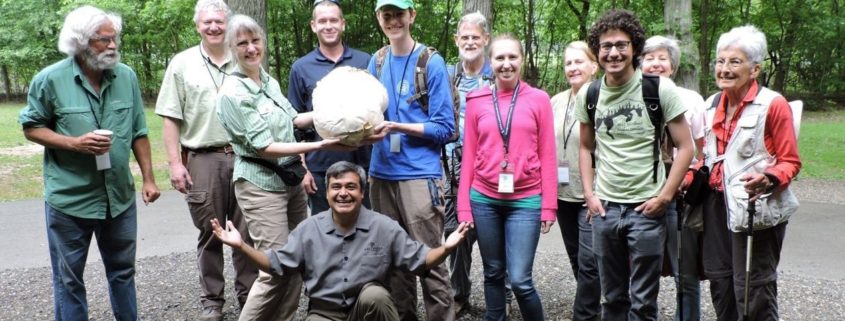
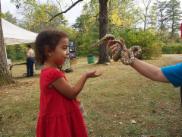 and reptiles. Arts and crafts and fun for the whole family will be included! The event is co-sponsored by The
and reptiles. Arts and crafts and fun for the whole family will be included! The event is co-sponsored by The 